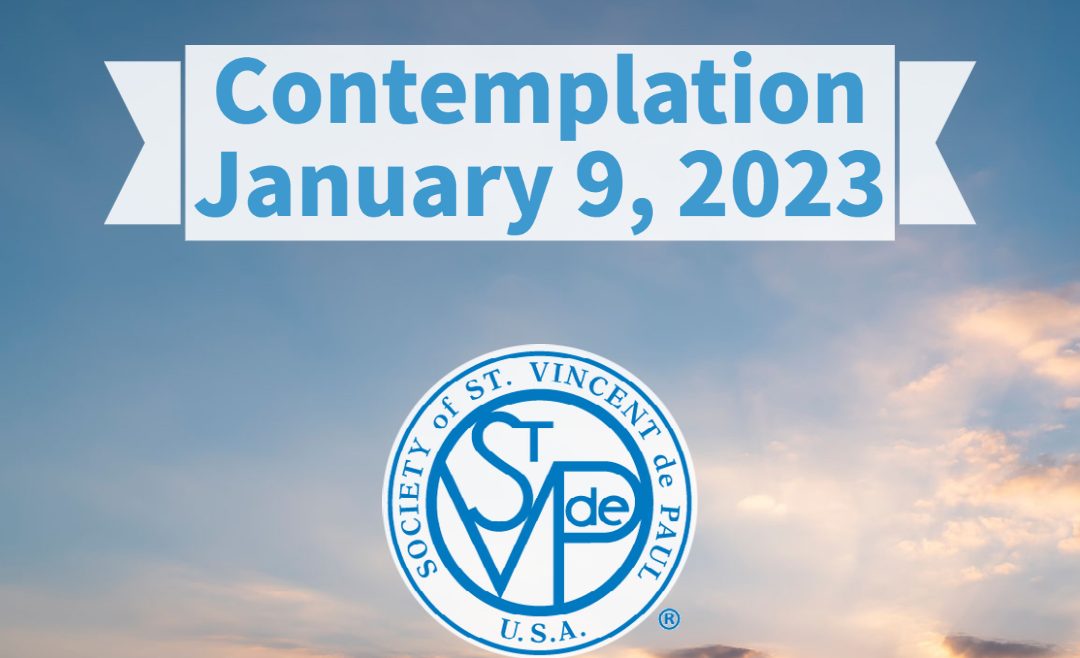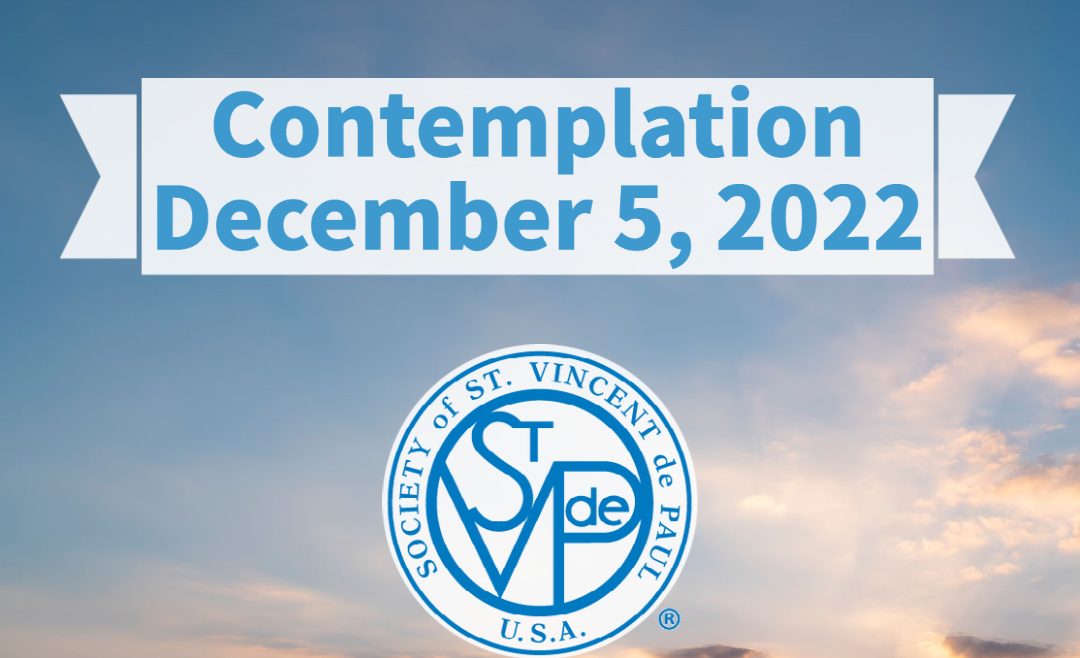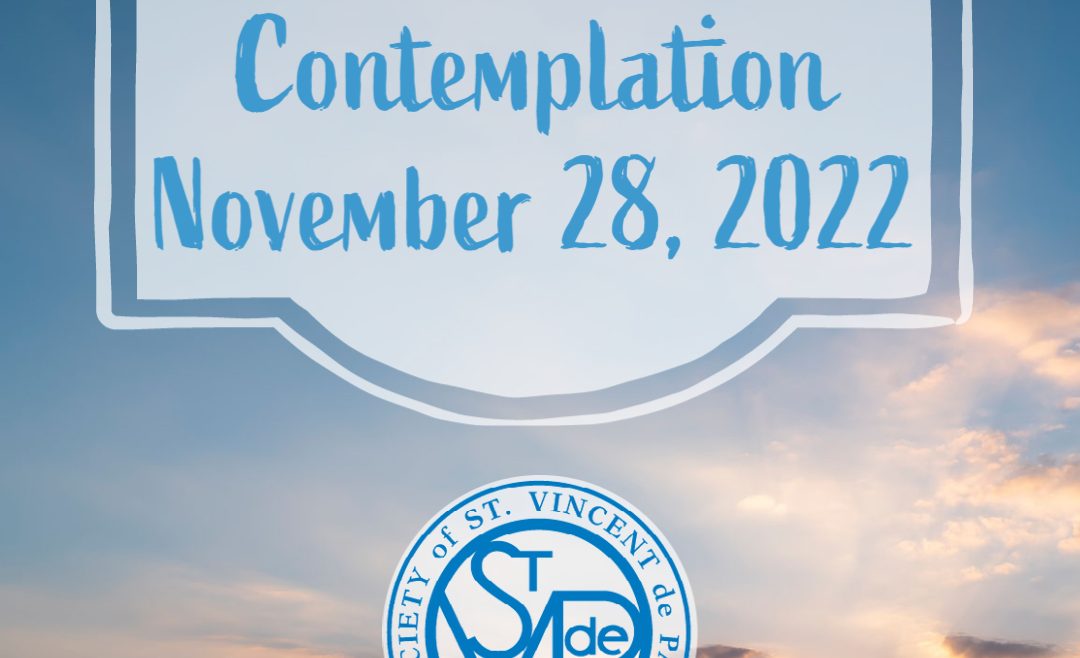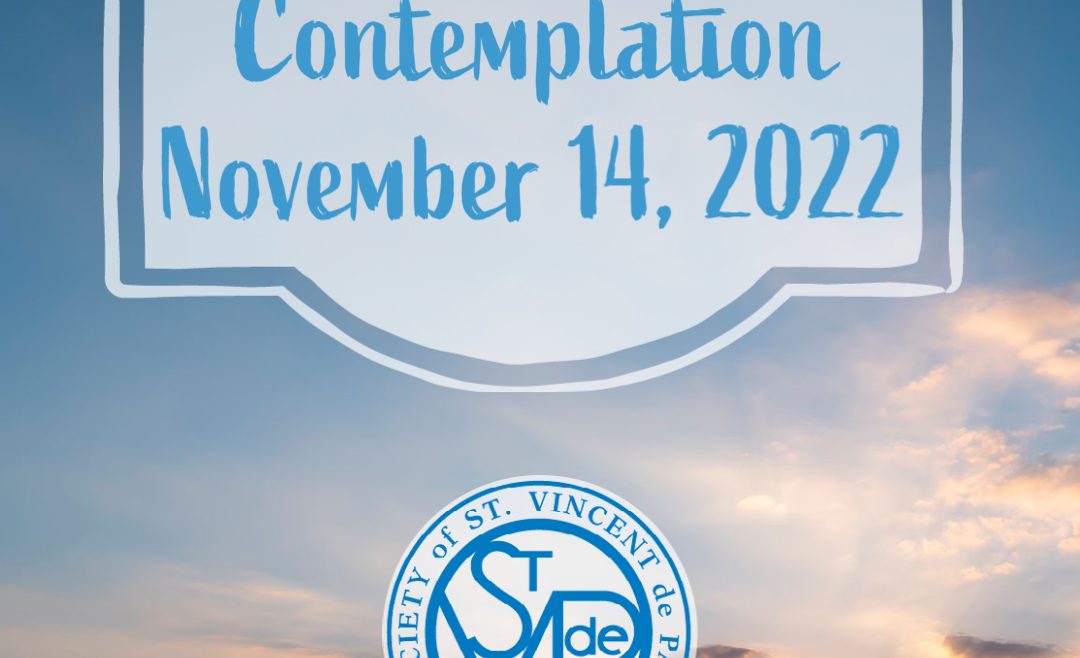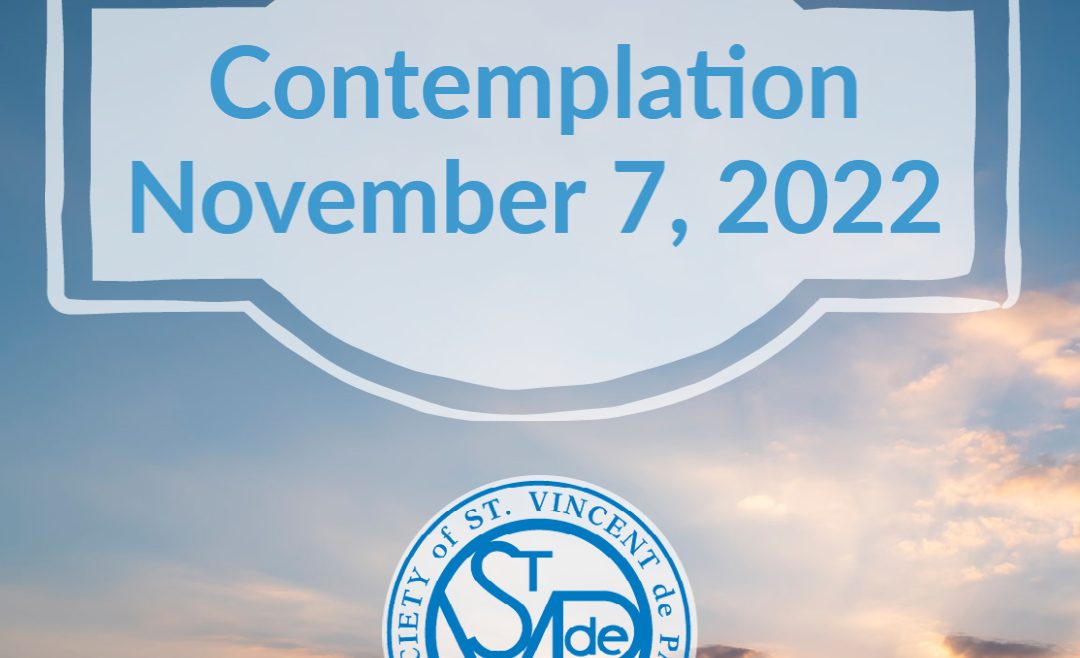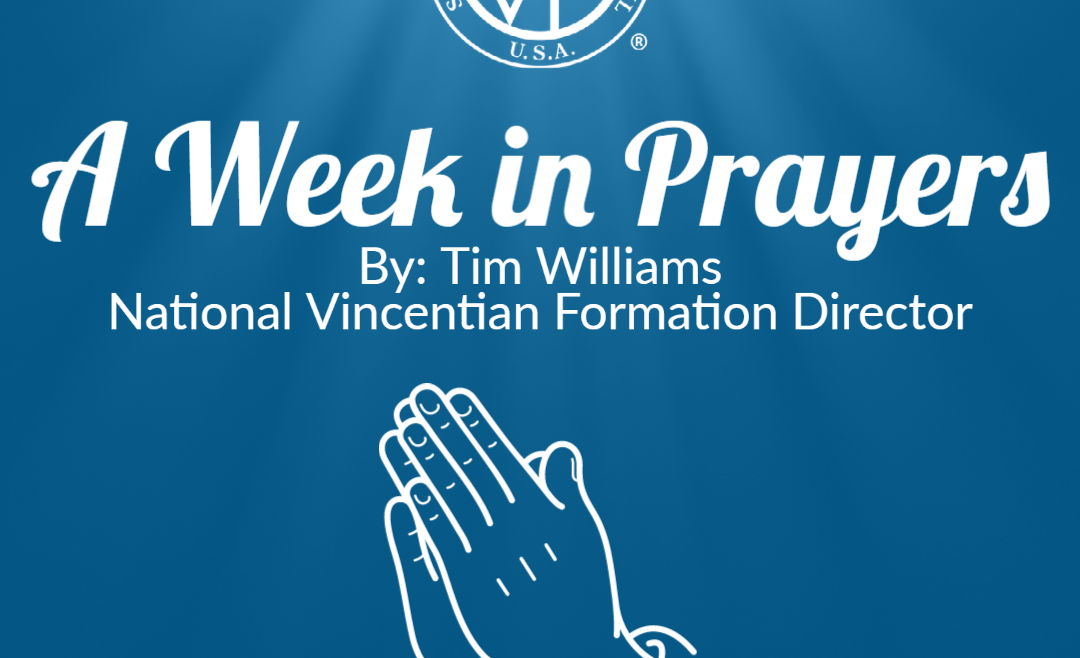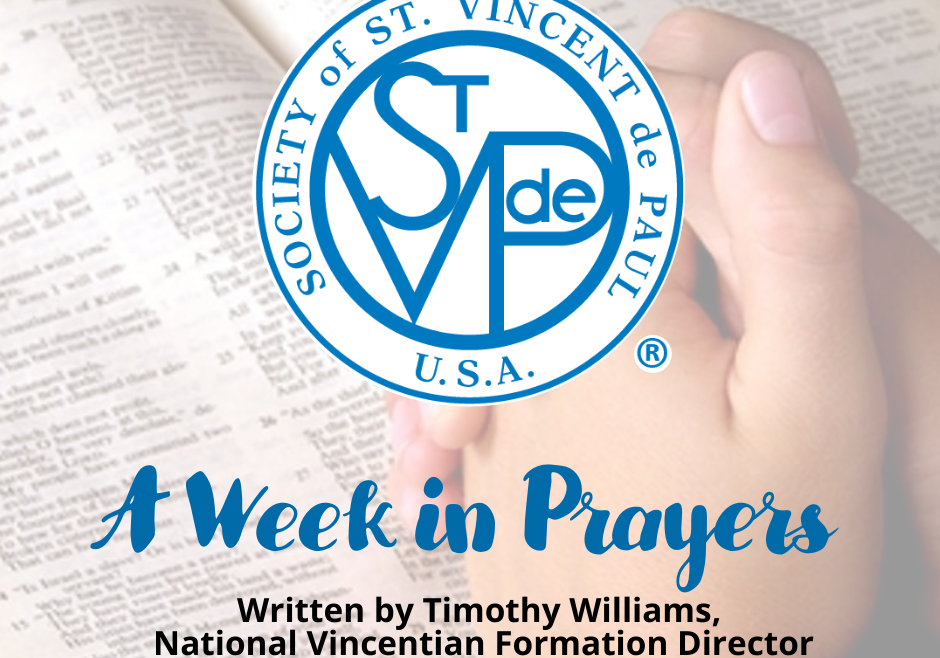We celebrate the great vision of our primary founder, Blessed Frédéric Ozanam who, along with six others, started that first Conference which has since grown to literally encircle the world, as he had envisioned. [Rule, Part I, 2.4] Lest we confuse vision with ambition, though, Frédéric’s oft-stated goals for himself and the Society were simply to become better, and to do a little good. On its face, this may seem to be a contradiction. After all, how does one reconcile a vision of charity and justice sweeping across France and the world, restoring the church, and making the world better with the humble personal aspiration simply to do a little good, or to become better?
In Frédéric’s estimation, the Society’s rapid growth was not the work of its members, least of all himself, but had grown so rapidly only through Divine Providence, through which it also had “been allowed to do a little good”. [Letter 141, to Ballofet, 1837] He understood, exactly as St Vincent had repeatedly taught, that any success we may have, or that our Society may have, is entirely the work of God, not ourselves. Indeed, the whole point of the work is not the earthly result, but our own growth in holiness; our “becoming better.”
While their works, as Frédéric hoped, may indeed “[erase] little by little the old divisions of political parties” and “make it a moral country”, it won’t because of a grand strategy, but because the members seek “to become better themselves in order to make others happier”. [Letter 290, to Amélie, 1841]
Remember, we seek “to help relieve suffering for love alone, without thinking of any reward or advantage for [ourselves]”. [Rule, Part I, 2.2] If the world changes, it changes – that’s up to God. We’re called to serve selflessly, to “do all the good we can, and trust to God for the rest.” [Baunard, 81] To become better, then, is not a matter of earning accolades; it is something we do for others, and for God.
Indeed, as Frédéric once advised his friend Ernest Falconnet, “it would be a thousand times better to languish in obscurity for half a century, edifying others with a spirit of resignation and doing some little good, than to be intoxicated for a few brief months with worldly pleasure”. [Baunard, 349]
Ours is “a vocation for every moment of our lives”. [Rule, Part I, 2.6] We seek to do a little good, to become better, because, as Frédéric wrote, as “a Christian, a believer in God, in humanity, in country, in family, never forget that your life belongs to them, not to yourself”. [Baunard, 349]
It may seem a simple aspiration, to become better, but simple does not necessarily mean easy. We grow in holiness together, each of us and all of us, seeking to fulfill God’s will by doing a little good, and there can be no greater aspiration than that.
Contemplate
How can I become better, and do a little good, today?

